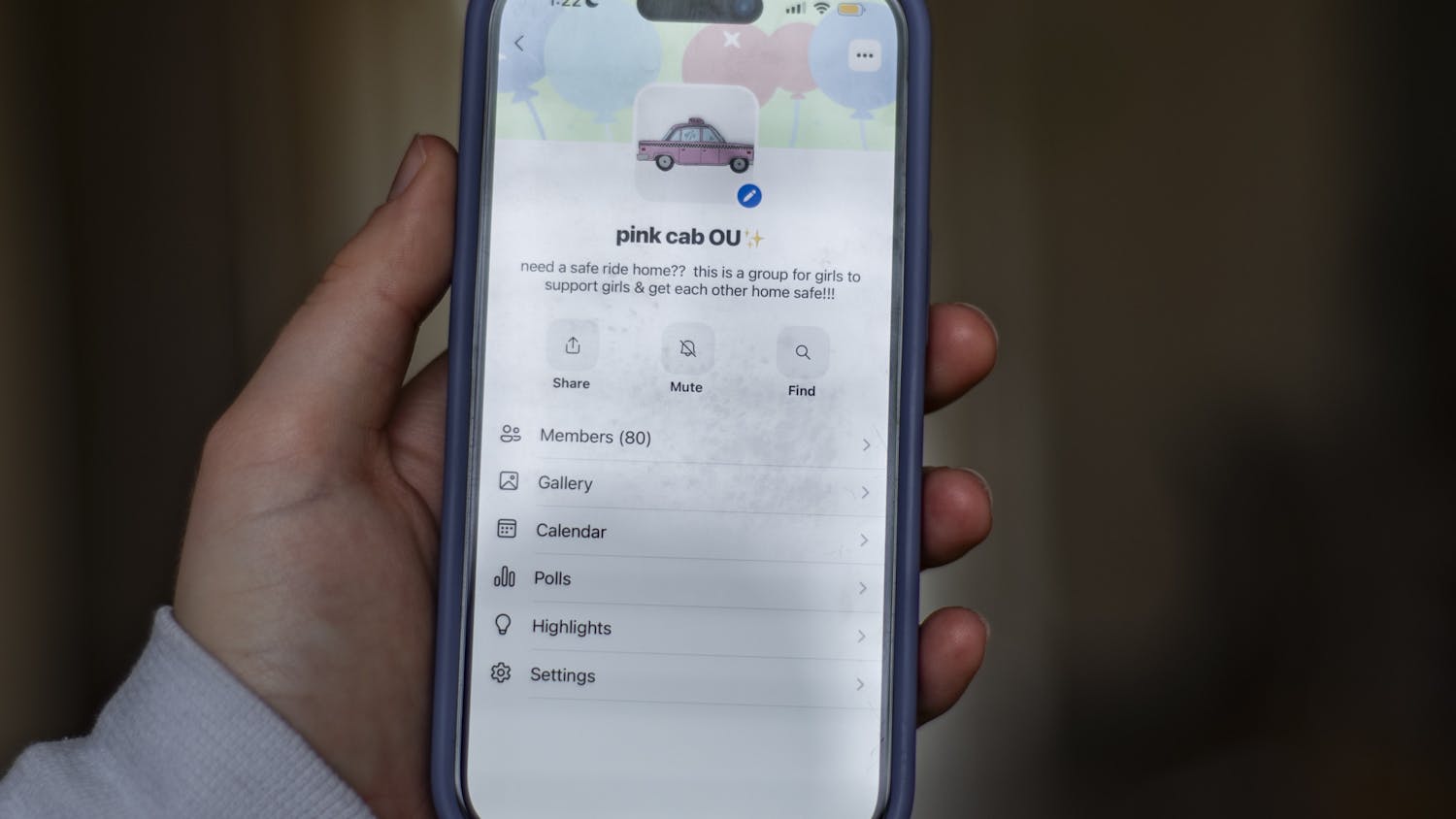Spring Awakening is not just a musical about teenagers having sex.
That element is certainly present, and the Athenian Berean Community (ABC) Players have kept nearly all of the content present in the original Broadway production, aside from instances of nudity. However, Spring Awakening is much better described as a musical that explores both the physical and mental maturation of pubescent teens in a time when the world has no place for them. It is a musical about discovery, angst, love and loss. The ABC Players are not shy about presenting these themes in a stark light, but do so with compassion and respect, while also having a lot of fun.
The production will be shown Oct. 18-20 at 7:30 p.m. and Oct. 21 at 2 p.m. at Stuart’s Opera House, 52 Public Square, Nelsonville.
Spring Awakening is based on the heavily censored 1891 German play of the same name, and closely follows its narrative and setting. It closely follows three high school students in a particularly transformative period of their lives. The musical also provides a rich cast of supporting roles that explore other pertinent themes, such as abuse and homosexuality.
Melchior Gabor, played by Devanté Brown, a junior at Ohio University studying vocal performance, is a charismatic student with knowledge beyond his years, especially for the time. As an atheist and philosopher, Melchior views the world with skepticism and rebellion, gaining admiration from his peers and admonition from his teachers. Brown brings this charisma to the stage in spades, acting as a deeply flawed but ultimately well-meaning friend or lover to his peers.
Moritz Stiefel, played by Ethan Cooper, a freshman at Athens High School, is a naïve and anxious student who is the most troubled by the onset of his puberty. Due to the academic system at his school, he is often singled out by teachers, only adding to the teen angst he attempts to bottle up. Despite, or perhaps because Cooper is the youngest member of the cast, he expertly captures the bipolar, neurotic nature of his character with equal comic and tragic potential.
Wendla Bergmann, played by Zoie Lanning, a senior at Trimble High School, is an ingénue that wants to know more about the world around her, but unlike Moritz or Melchior, has no means of obtaining that knowledge. Because of this, she is confused and increasingly desperate to feel even the pain of others, and undergoes dramatic changes without fully understanding their meaning. As Wendla, Lanning breaks hearts with her growing frustration and confusion at the world around her.
“It’s kinda the reason why we’re doing this show, because it kind of hits home … suicide and abuse,” Lanning said. “The whole theme is for people to realize that they’re not alone, that everyone goes through this, and I think it’s maybe even more relevant today than it was then.”
But that’s not how she starts the musical.
Just described are the “real” personas of these characters — how they act within the events of the show. However, during most musical numbers, the characters will directly address the audience with how they really feel during these situations. Lanning opens Spring Awakening alone with the chilling musical number “Mamma Who Bore Me” in such a state. She is confident and fearless, defiantly staring into the audience.
Melchior is the most sure of himself in the beginning, but when the guitar starts, he opens up and directly confronts different insecurities and grievances he holds. In one of the most electrifying numbers, “Totally F--ked,” Brown, and eventually everyone else onstage, embraces the hopelessness of his situation, as everyone freneticaly jumps around the stage.
“I know it was built up as being particularly more mature and adult, but really it’s not a show that is completely devoid of joy,” Cooper said. “There’s still so much to enjoy and love in this show. And I really hope people will come away from it glad that they’ve seen it.”
Cooper, however, becomes a full-blown punk rock star. All of Moritz’s bottled up angst explodes out of him in songs such as “And Then There Were None,” releasing his frustration, rage or misery out into the audience to be palpably felt. These alter egos show with painful clarity the divide between the lives these teenagers have and the attitude they suppress.
“It’s really important for people to understand that we all need to be supportive of each other,” Brown said. “Because everyone has a story, no matter what. I mean, those people right over there,” Brown said while gesturing to a group of people across the room. “They’ve got something going on in their lives. We all have something.”
Spring Awakening can be a difficult play to watch. The themes of sex, abuse, and even suicide aren’t what you’d expect to see in a musical with loud rock music. But no other genre could be a better fit for the angst, grief and joy that comes with growing up, whether it’s in 1891 Germany or modern day America.
“At the very end, we sing a song called “Purple Summer.” And that’s kind of our send-off to our audience,” director Christina Barkhurst-McKinney said. “It’s our way of saying, ‘Please take everything that you see in this show, take it out into the world, have that conversation, and make the world a better place.’”






